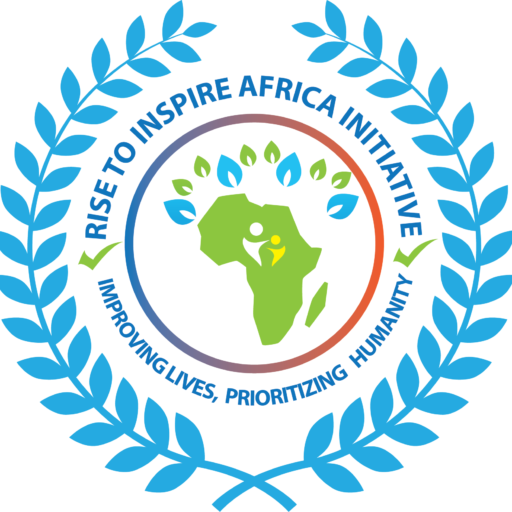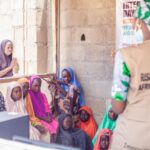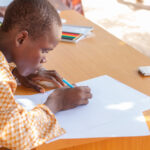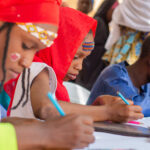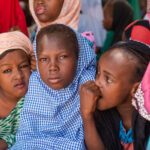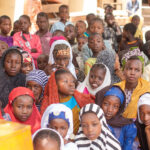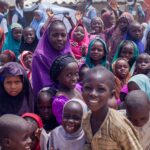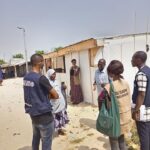
What we do
Ria-Initiative aim to inspire the victims of armed conflicts and natural disasters, especially women and children, to attain self-reliance and sufficiency while providing access to equal opportunities through advocacy, collaborative networking, capacity building and empowerment.
Our Focal Areas
The Ria Initiative will implement high-impact, economical solutions to aid those affected by crises. We’ll also apply what we’ve learned and experienced to enhance humanitarian practice and policy so that more people around the world can live better lives. And we’ll put a special emphasis on removing all of the obstacles that women and children confront in all of our work.
1. Education in Emergency
Education enables upward socioeconomic mobility, offering learners a dynamic approach to achieving great results.
Critical abilities including decision-making, mental flexibility, problem-solving, and logical thinking are developed through education. People experience difficulties in both their personal and professional lives. Their level of education and self-awareness determines their capacity to make logical and informed decisions in such circumstances.
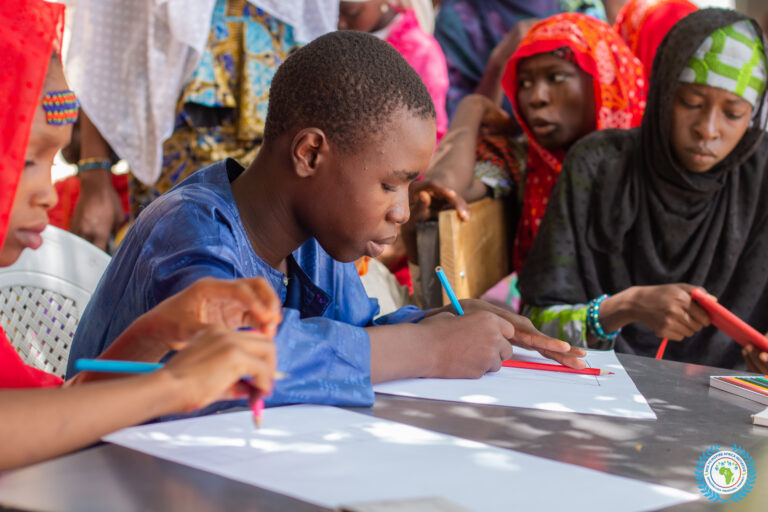
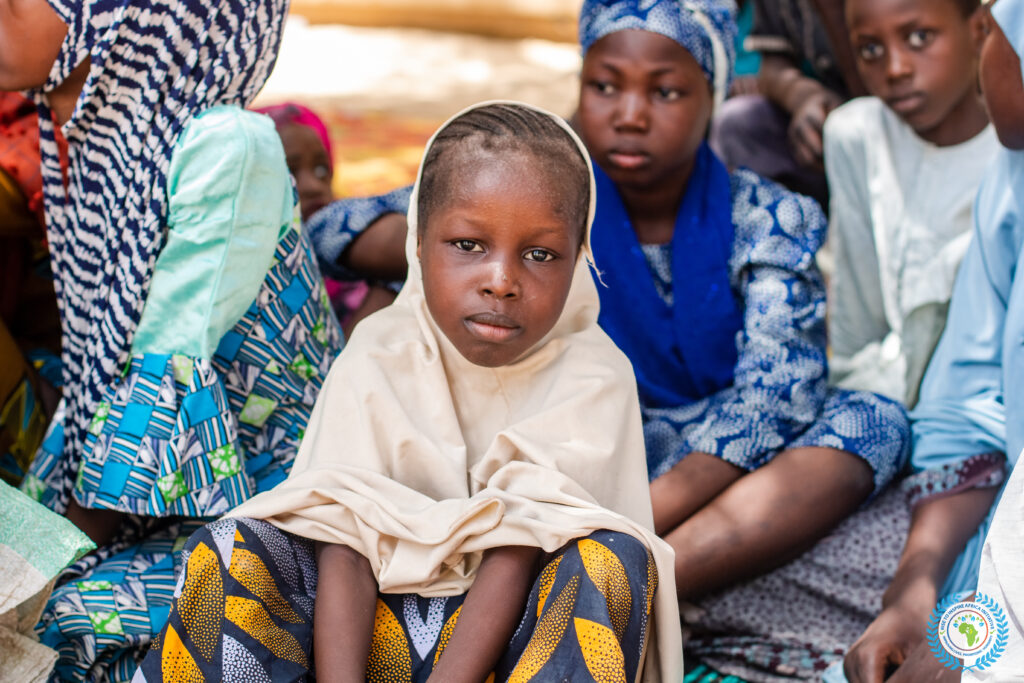
2. Protection
It is in our believe system that for social and political transformation to be achieved, we strongly believe and promote local dialogue and participation in our projects.
To ensure that people are treated decently and humanely, one must uphold their rights. The States alone have primary responsibility for defending human rights and we as an organization are partnering to ensure that humans are treated fairly and justly.
3. WaSH
Nutrition is a critical part of health and development. Better nutrition is related to improved infant and healthy livelihood.
Sanitation, hygiene, and access to clean water (WASH) are essential for human health and welfare. Safe WASH is important for livelihoods, school attendance, and dignity in addition to being a requirement for good health. It also helps build strong communities with wholesome surroundings.

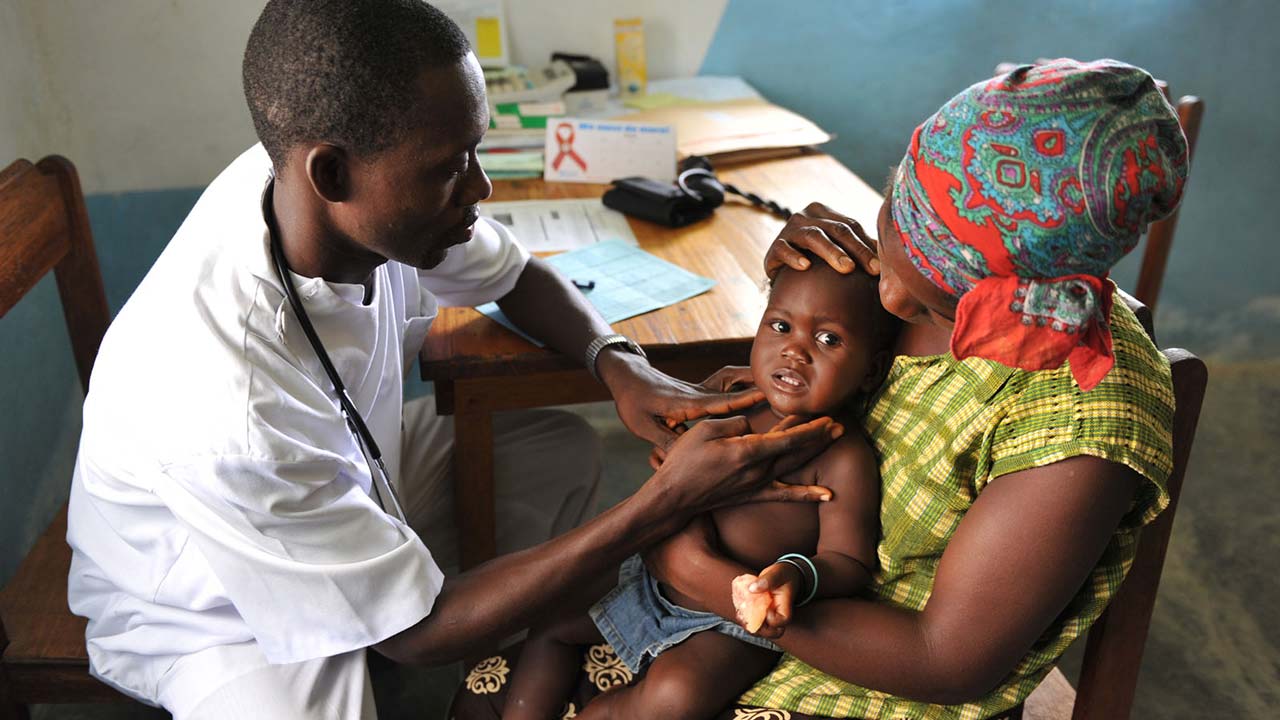
4. Health
Access to proper health care can also be challenging for refugees resettled North east Nigeria which has caused millions of people, especially women and children to die each year from preventable causes in these affected areas. Poor sanitation, shortages of food and medicine, and inadequate prevention contribute to most of these deaths.
The north–east region of Nigeria has been affected by a decade of conflict, resulting in a humanitarian crisis that has severely affected the health of the population which has has made the region to record some of the highest rates of malnutrition in the world.
Where We Work
Latest News
Join our mailing list
Read about our innovative programs, hear about our clients, and how you can also support our course.
Copyright @ 2023 Ria-Initiative.
